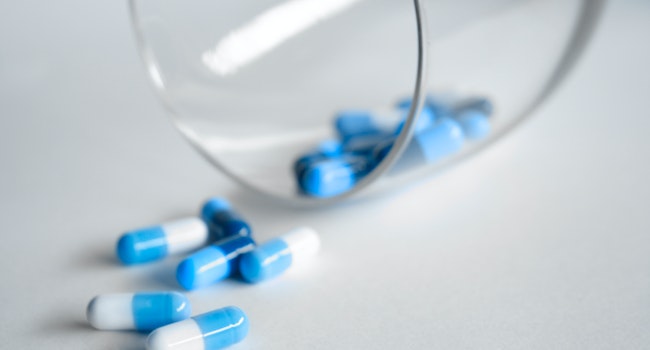
Systemic lupus erythematosus (SLE), often referred to as lupus, is a chronic autoimmune disease. This means that the body's immune system, which is designed to fight off viruses, bacteria, and other harmful invaders, attacks healthy tissues and organs in the body. SLE can affect multiple parts of the body, including the skin, joints, kidneys, heart, lungs, and brain. Symptoms of SLE include joint pain, skin rashes, fever, fatigue, and cognitive dysfunction.
While there is no cure for SLE, there are various treatments available to help manage symptoms and reduce the risk of complications. Anifrolumab is a medication used to treat SLE. It works by blocking a type of protein called interferon, which plays a role in the immune system's response that can cause damage in people with SLE. By blocking this protein, anifrolumab can reduce inflammation and improve symptoms of SLE. It is usually reserved for people with moderate-to-severe SLE who have not responded to other treatments.
In a recent phase 3 trial, researchers tested the safety and tolerability of anifrolumab over a period of three years. Participants who had completed an earlier clinical trial for SLE were enrolled in the study and were randomly assigned to receive either anifrolumab or a placebo. A placebo is a treatment or substance that looks and feels like a real medical treatment but does not actually contain any active ingredients.
